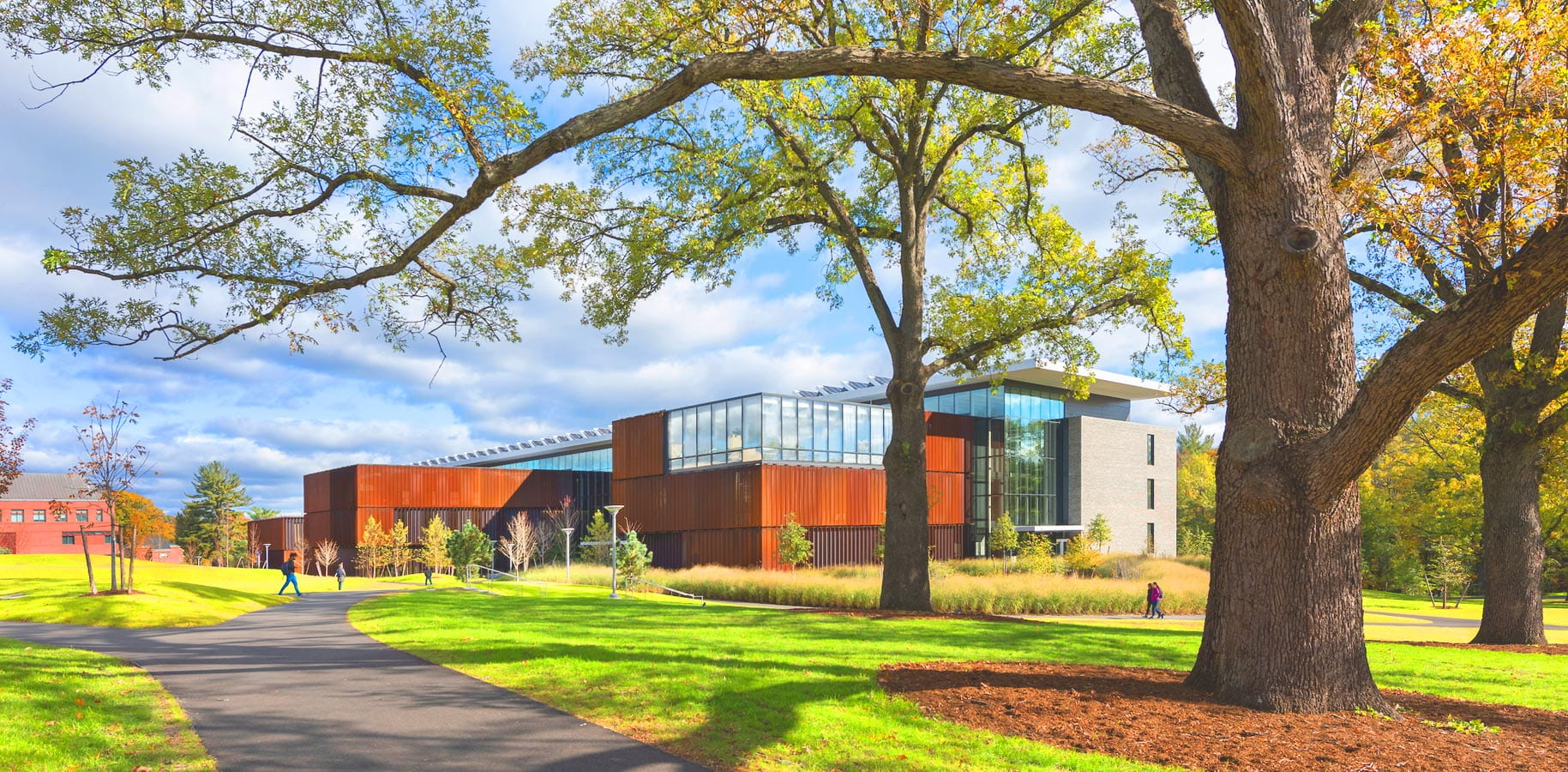On September 15th, the Biology Steering Committee held a student-led discussion on ways to make the STEM departments at Amherst more inclusive. The event was an opportunity for students to reflect on their experiences navigating STEM courses at Amherst and to call for change. The discussion consisted of a student panel with varying majors and class years and two student moderators. The event had over 60 students and professors present. After the panel answered the initial questions, the discussion then opened up to all the participants. Students were able to express concerns and professors were asking students for advice on building relationships and how to make their departments more accessible. Eva Nelson’22 (the event organizer) stated that she appreciated how the professors that were there actively listened to the experiences and concerns of the students; however, many more officials and other higher-ups need to become involved in these conversations to truly understand student experience and concerns
Goals and Concerns
The event had four initial goals:
- Amplify the voices and concerns of Black, Latinx, and Indigenous students in STEM at Amherst
- Further support underrepresented students in STEM
- Start a dialogue that actively involves departments and administration to listen to student voices
- Encourage students to speak out and advocate for change
Aside from these goals, several students also expressed that they wanted their professors to acknowledge the racial and prejudiced history behind famous scientists and include more works and contributions of BIPOC scientists in their lectures. Never seeing examples of Black, Indigenous, or Latinx scientists in lectures is discouraging and creates feelings of alienation.
Students also commended the Biology Department for incorporating a diversity and inclusion requirement for the major and felt that more departments should try to incorporate the same requirement into their respective studies.
One major concern expressed was the lack of a system for students to utilize when experiencing microaggressions or prejudices. Trying to find someone to contact and express concerns on these topics is difficult. The event called for Amherst to have a more clear and create a more cohesive system for students to turn to. Microaggressions should not be allowed to happen with no consequences. Even if unintentional, people should be made aware of how their words or actions are hurtful to others. Without a system, there will not be a way to remedy these situations and prevent them from happening in the future.
Another major concern is the pressure put on BIPOC staff to be a resource for students. Building a relationship with students is important, but it should not solely be up to these professors to support BIPOC students and be the only outlet for them. Likewise, it is also not the job of BIPOC students to have to educate their peers and professors on issues like discrimination and systemic racism. Constantly having to teach and inform others is exhausting. Professors should focus more on the history behind the topics they teach on rather than ignore it. Additionally, professors should try to learn more about BIPOC contributions to the topics they are teaching and incorporate it into their classes.
This discussion was a step in the right direction, however, many more must be had before STEM at Amherst is truly inclusive.
